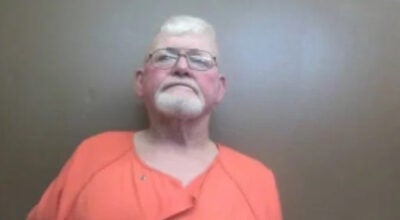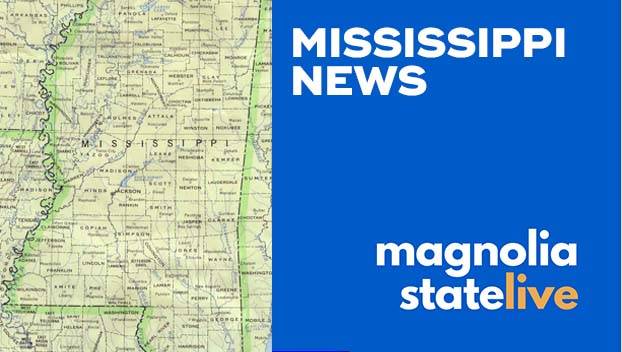Mississippi, Louisiana gets $13.6 million for cancer treatment clinical trials
Published 12:48 pm Saturday, September 7, 2019
The National Cancer Institute is providing $13.6 million to combine and expand two networks working to bring minority and underserved cancer patients in Louisiana and Mississippi into research studies.
The new Gulf South Minority/Underserved Clinical Trials Network’s long-term goal is to continue increasing the numbers of new cancer patients involved each year in some kind of study, said project leader Dr. Augusto Ochoa, who is director of the Stanley S. Scott Cancer Center at LSU Health New Orleans.
Nationally, he said, fewer than 5 percent of all new cancer patients get involved in clinical trials, and the network already is doing better than that.
“I think patients are interested and eager to participate, especially in today’s world, where they really study and explore through the internet what are the opportunities for treatment of their disease,” he said.
The network merges the community oncology research program run by Ochsner Cancer Center into the one at LSU Health New Orleans, which already included cancer centers at LSU Health Shreveport and the Mary Bird Perkins Cancer Center in Baton Rouge.
That increases the number of participating sites from 22 to 42, Ochoa said. Most are in 10 cities around Louisiana, but Hattiesburg and Gulfport, Mississippi also are involved. Louisiana “is essentially covered,” Ochoa said.
The website shows locations in Alexandria, Baton Rouge, Covington, Houma, Lake Charles, Metairie, Monroe, New Orleans, Shreveport and Slidell. Ochoa said the LSU network already had a partner in Gulfport, Mississippi, and Ochsner brought in Hattiesburg. A Mary Bird Perkins site in Natchez, Mississippi, opened after the proposal was submitted, but eventually will become part of the network, he said.
“We’re starting to work with Mississippi,” he said.
Major health providers in the region including the Southeast Louisiana Veterans Health Care System in New Orleans, Woman’s Hospital in Baton Rouge and the Christus Health community sites will also participate, a news release said.
About 25,000 new cases of cancer are diagnosed each year in Louisiana, Ochoa said.
Ochsner’s network enrolled nearly 200 patients into clinical studies last year. LSU’s network, expected to bring 200 patients into such studies, enrolled more than 1,300, Ochoa said. He said about 500 to 600 joined a national study to compare standard mammography and “3-D” mammography, also called tomosynthesis.
Many groups have switched to the newer procedure, but “there’s never been a real study comparing whether one is really better than the other,” Ochoa said. He said the study is planned to enroll 167,000 women nationwide, following each woman for five years.
He said about half the women enrolled through his network are African American, and about half are white. “The National Cancer Institute sees us as a very important participant because we enrolled such a balanced number of patients,” Ochoa said.
Ochoa said the National Cancer Institute is expanding programs for studies about cancer prevention and early detection, as well as reducing negative impacts of cancer treatment and expanding the role of cancer survivorship.
More News






